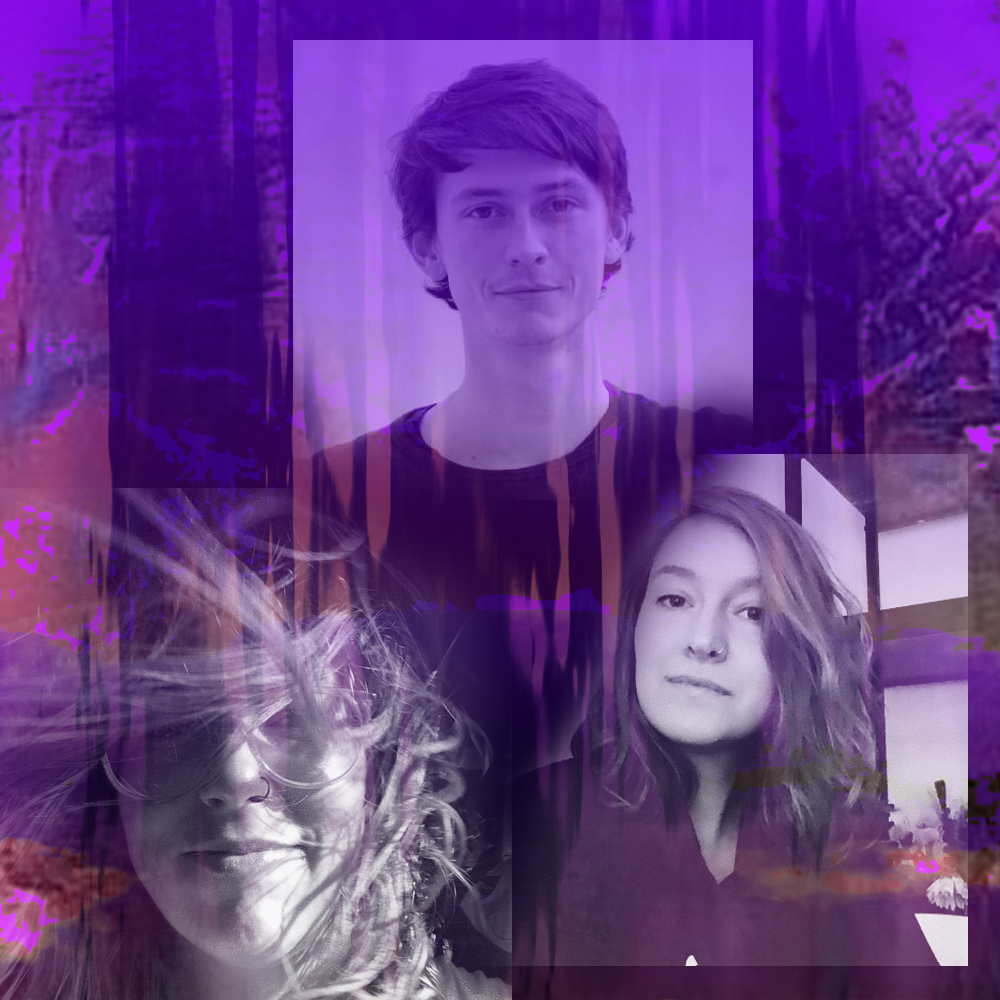Cicer cum Caule
Cicer cum Caule is an introduction to understanding what artificial intelligence is, served in the form of an online pierogi making workshop. During the session we make traditional Polish dumplings, while exploring and recontextualizing concepts related to AI, machine learning, datasets – and examining their biases and implications in our everyday lives.
16:30 CEST
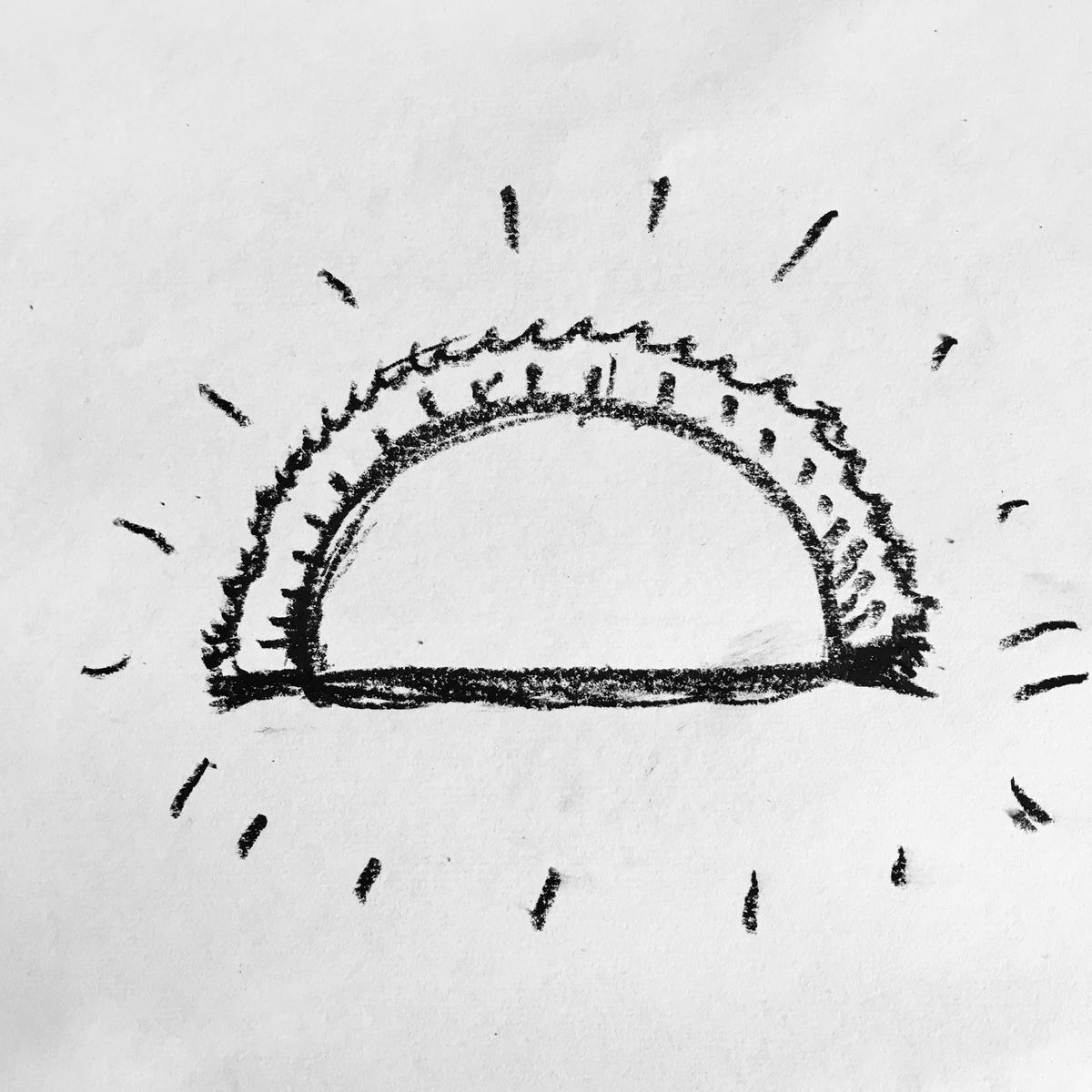
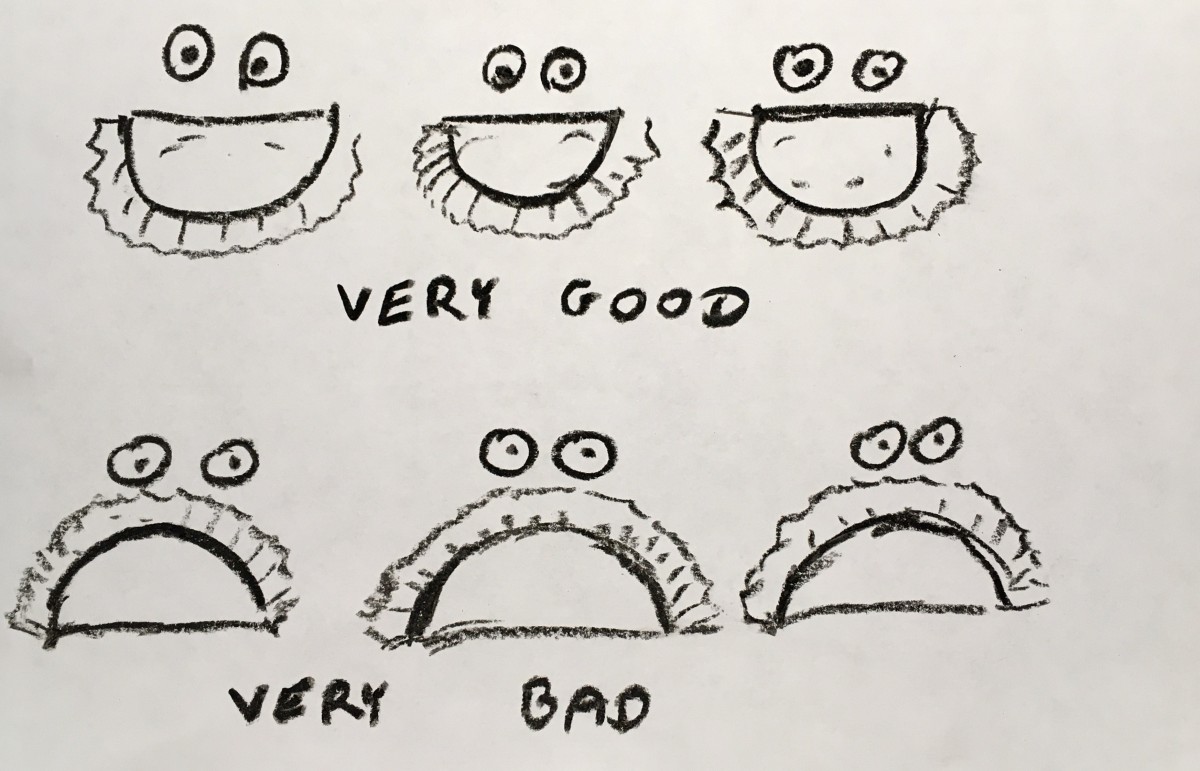
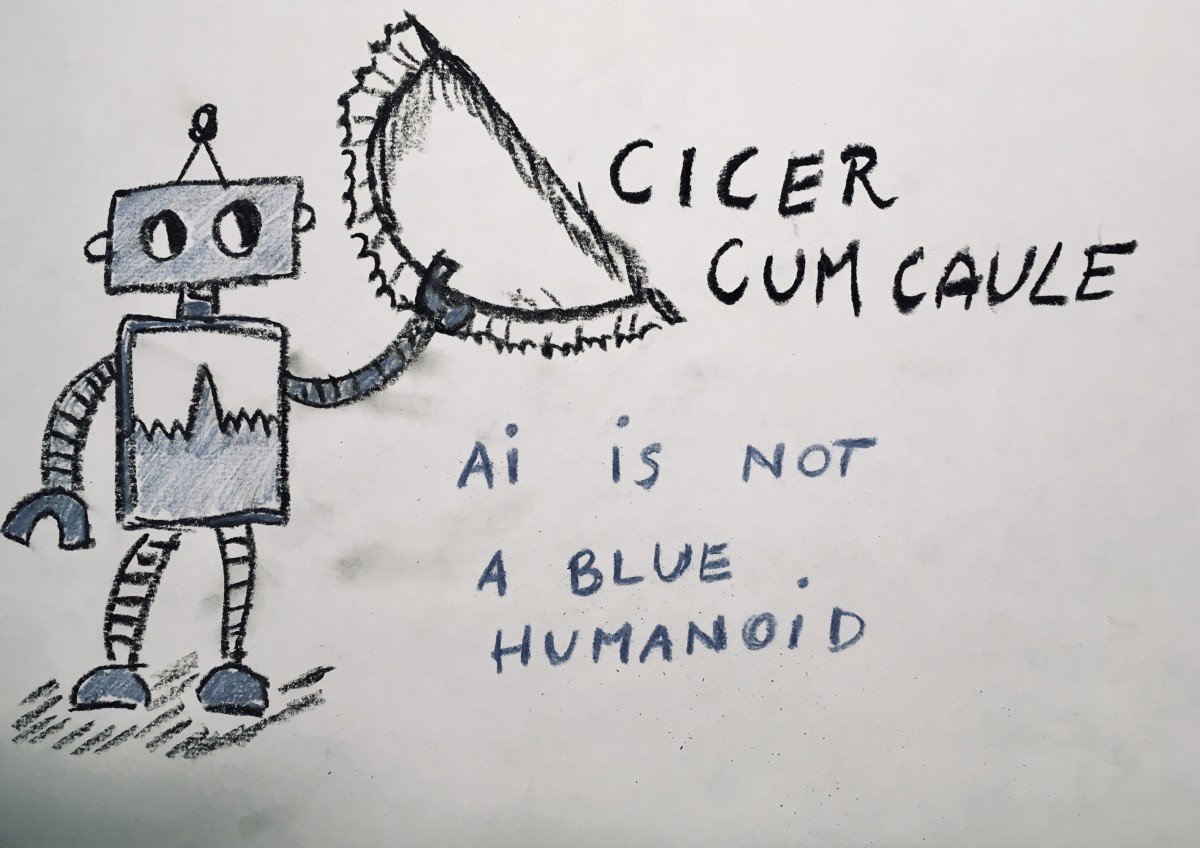
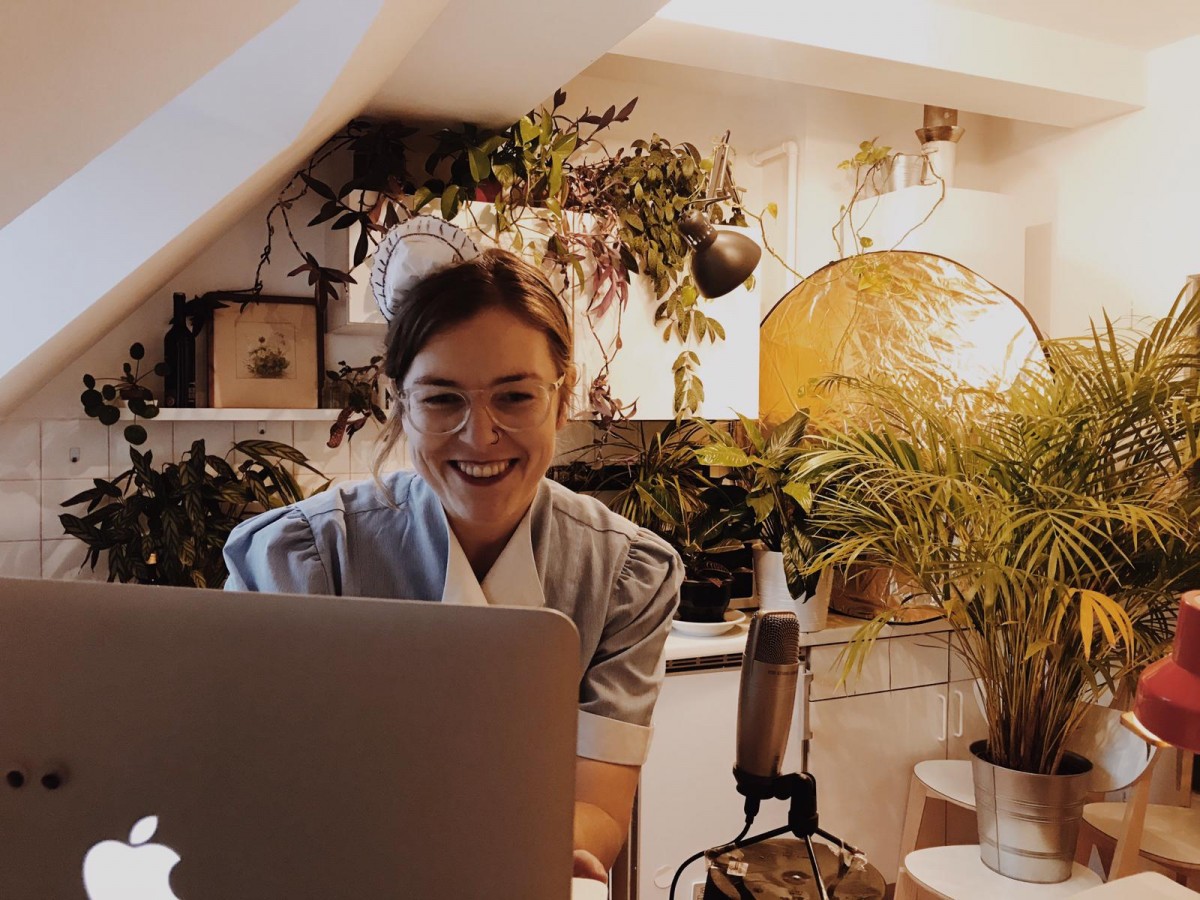
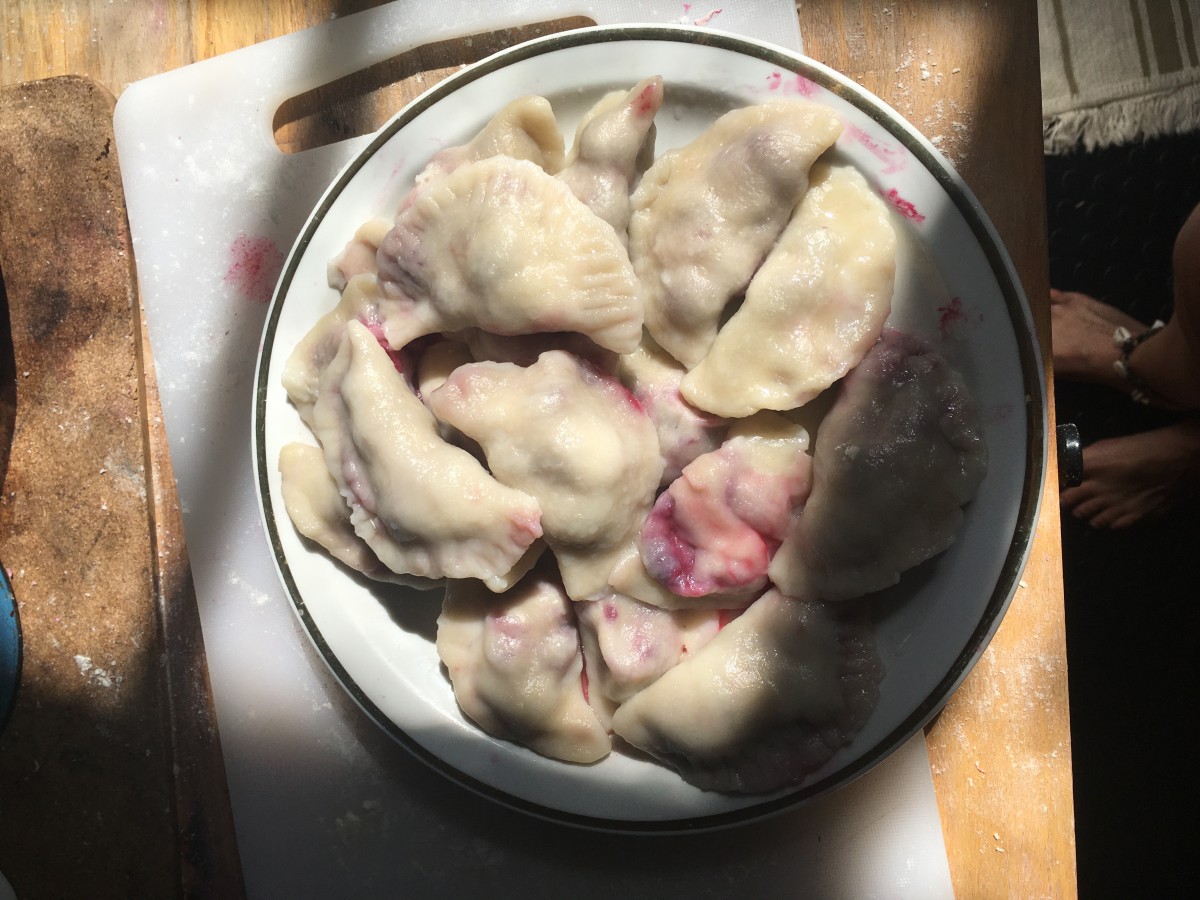
Cicer cum Caule is an introduction to understanding what artificial intelligence is, served in the form of an online pierogi making workshop. During the session we make traditional Polish dumplings, while exploring and recontextualizing concepts related to AI, machine learning, datasets – and examining their biases and implications in our everyday lives.
During the last year that we’ve largely spent in lockdown, many of us have become domestic gods and goddesses as well as technology experts – the amount of Google searches regarding baking terms skyrocketed, and so did the stocks of Zoom Video Communications.
The workshop explores these two essential skills for the (unknown) future, namely food making and technological literacy. We make sense of impactful technologies through the process of pierogi preparation. The goal is to make the inner workings of AI more understandable, accessible and tangible, using Polish cuisine as an intuitive medium.
“Cicer cum caule” is Latin for the Polish saying “groch z kapustą”, meaning hodgepodge, a mixture of things not belonging together. The Latin translation of the saying was coined by the poet Julian Tuwim as a title for his essay series. The workshop bridges historical roles that have been culturally attributed to females and males, the multisensory physicality of food, and intangible technology. It mixes fruit with data, languages and narratives. And while the language of science is traditionally Latin, ours will be food.
The project addresses the following key questions:
???? How to build intimate and physical experiences in a distanced and digitized world?
???? How to create a shared understanding of technologies that will impact our future, and make them more accessible and inclusive?
???? How to critically engage with existing power patterns and diversify these structures?
Who is it for?
The workshop is fit for anyone, but we particularly encourage participants who…
???? Work with digital tools but have no background in technology.
???? Would like to understand the basics of how artificial intelligence and machine learning algorithms work.
???? Are interested in interdisciplinary knowledge-exchange processes.
???? Are up for a fun cooking session and dinner together. No cooking skills required!
Requirements:
???? The workshop lasts 3 hours, at the end of which we will have prepared a meal together, each participant in their own kitchen. We will prepare fruit pierogi using a vegan recipe, based mainly on wheat flour (gluten alert!) and fruits (the pierogi will be sweet, not savoury!). Participants will need access to a kitchen with basic supplies, including a stove. Each registered participant will get detailed instructions in advance.
???? Participants will also need a laptop/PC and Zoom video conferencing with camera and microphone.
???? Places are limited to 10 online participants per workshop.
Anna Desponds / Philo van Kemenade / Magda Bochenska
Anna Desponds
Polish-Swiss curator and creative producer, based between Berlin and Sokołowsko, a magic village on the Polish-Czech Border. Anna has over ten years of experience in conceiving award-winning events at the intersection of audiovisual arts and digital technology. Since its inception in 2018, she curates the Digital Cultures Festival in Warsaw. At the Berlin-based Catalysts agency, she helps cultural institution design and develop digital strategies. Anna was born as a girl in Poland in the 1980s. She got her first computer when she was around 25 years old. She knows five languages, but all of them natural ones. While wondering: “had I been born a boy, would I be making a project to understand AI through cooking? Or would I rather be trying to learn how to cook by using algorithms?” she developed Cicer cum caule, as part of the 2020 Art House Residency at the Mickiewicz Institute/ Center for Contemporary Art Ujazdowski Castle. Anna’s professional experience spans from curating events for 30000+ people, to running a micro art gallery in the building of the Polish Ministry of Culture. In 2020 she also received an artistic scholarship from the Polish Ministry of Culture and helped cultural institutions create online programmes for their audiences. In her private time, Anna is a diversity educator, and has run 1000+ hours of workshops and classes. She has an interdisciplinary Master’s in interdisciplinary humanities/ food studies from the prestigious MISH/Artes Liberales at Warsaw University.
Philo van Kemenade
Philo is a Dutch educator and technologist. After having lived across the globe in places spanning from Japan to Slovakia, he currently lives on a houseboat in Amsterdam. He creates tools, stories and things in-between to amplify human connection with arts and culture, often making use of digital collections, storytelling, AI and interaction design. Currently, at the Netherlands Institute for Sound & Vision, he researches and develops innovative interfaces for audiovisual collections. He also serves on the EuropeanaTech AI for GLAMs Task Force. Between 2016 and 2019, he worked at the R&D team of the Slovak National Gallery. From Stone Soup experience design camps, to regularly collaborating with the Mozilla Festival, Philo has conceived, co-designed and brought to life a range of uncommon and meaningful experiences. For the 2021 edition of the MozFest he co-curated the Creative AI Space. He co-founded Sensorium Festival in Bratislava, celebrating humane applications of creative technology in art, design and performance. Philo runs a friendly online community of innovative storytellers with diversity at its core and is working on building tools for intentional community learning. He studied AI at the University of Amsterdam and Cognitive Computing at Goldsmiths College in London. He loves cooking and eating Japanese pancakes.
Magda Bochenska
Magda is a designer, facilitator and engineer, with a focus on technologies behind arts & culture.
